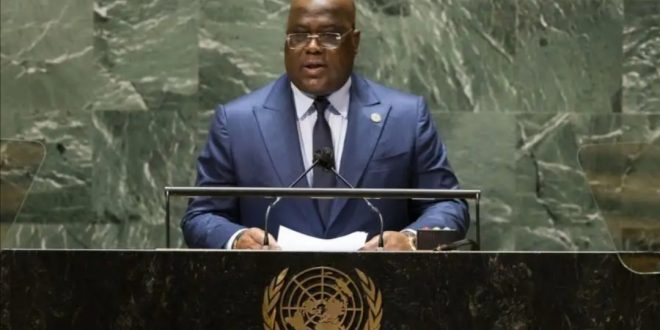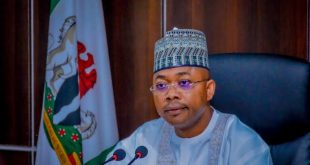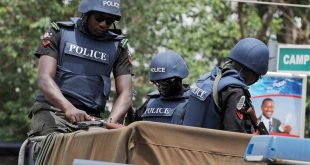By Ekpenyong Emmanuel
The Democratic Republic of Congo is facing an escalating crisis as Rwanda-backed M23 rebels continue their relentless advance, capturing key cities and territories in the mineral-rich east.
President Felix Tshisekedi has vowed a “vigorous and coordinated response against these terrorists and their sponsors,” but the situation on the ground remains dire.
The M23’s capture of most of Goma, the capital of North Kivu province, has sparked international concern, with the UN, US, China, and European Union urging an end to the fighting. The rebels have also seized two districts in South Kivu province, leaving hundreds dead and nearly 1,000 wounded.
As the humanitarian crisis deepens, residents are struggling to survive.
“There is nothing left to eat, everything has been looted,” said Bosco, a resident of Goma. “We need help urgently.”
The UN estimates that half a million people have been forced from their homes this month alone.
The conflict has its roots in the 1994 Rwandan genocide, which led to the creation of armed groups like the M23.
Rwanda has denied accusations of backing the rebels, but UN experts say Kigali has thousands of troops in the DRC and “de facto control” over the M23.
As the situation spirals out of control, regional leaders are scrambling to find a solution.
The East African Community has called for peace, urging the DRC to “directly engage with all stakeholders, including the M23.”
A special summit is set to take place on Friday in Zimbabwe, while Angola has called for an urgent meeting between the Congolese and Rwandan leaders.
But with the M23 advancing steadily, it remains to be seen whether diplomatic efforts can stem the tide of violence.
As Rwanda’s ambassador-at-large for the Great Lakes region, Vincent Karega, ominously warned, the M23 advance “will continue.”
 National Telescope national telescope newspaper
National Telescope national telescope newspaper



